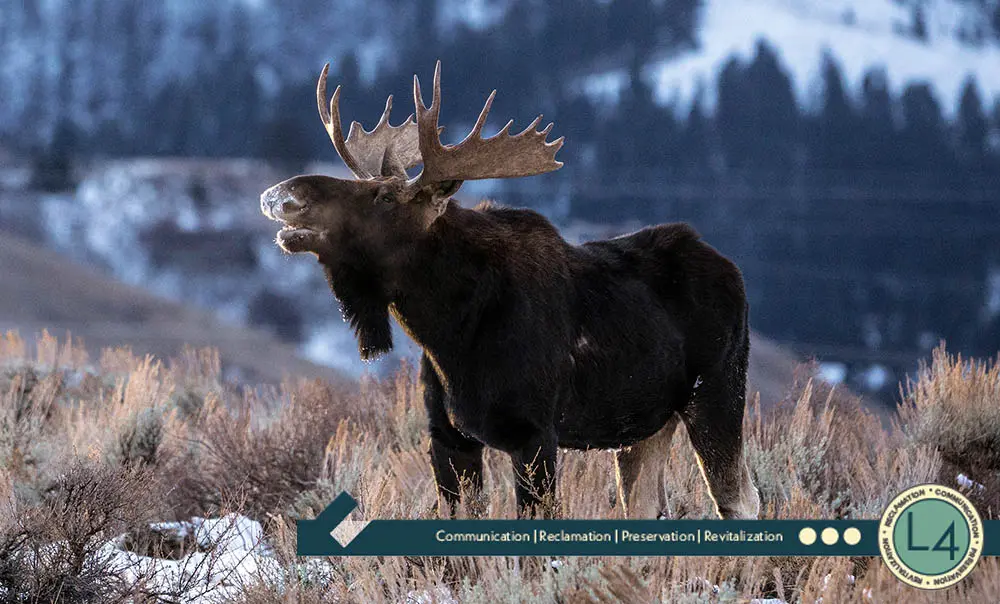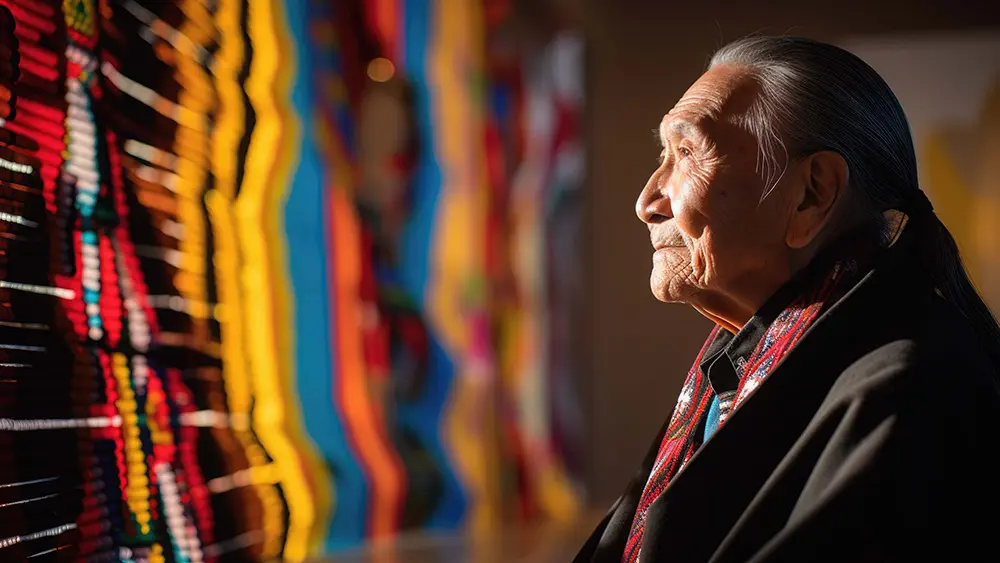From 'Moosh' to 'Moose': The Algonquian Legacy in North American English Lexicon
This article explores the origins of the word 'moose,' tracing it back to the Algonquian language of the Innu people, and discusses the broader influence of Indigenous languages on North American English.

Now, let’s tackle a quirky linguistic twist! Ever wondered why the plural of “goose” is “geese,” but “moose” stays “moose”? The word “goose” comes from an ancient Germanic language, which had a pattern of changing ‘oo’ to ‘ee’ in plurals—think “foot” to “feet” or “tooth” to “teeth.” However, since “moose” is a much newer addition to English and doesn’t share this Germanic etymology, it doesn’t follow the same pluralization rule.
This tidbit of language history highlights a broader truth: Indigenous languages and peoples have profoundly shaped the North American English language and culture in ways we often don’t recognize but definitely should celebrate. Each word we use carries a story, heritage, and connection far beyond our known boundaries. So next time we mention a “moose,” let’s remember to appreciate the rich Indigenous heritage that continues to enrich our language today.
Languages 4™
is more than a tool; We are partners in the mission of preserving and revitalizing Indigenous languages. We invite reach out to us explore how our platform can support your language teaching goals. [Join the Conversation 📩 Subscribe to our Newsletter ] and take a step towards sustaining the rich heritage of Indigenous languages.
Tagged:
By Tim O'Hagan
Related Articles

2024: A Renewed Commitment to Language Sovereignty and Revitalizing Indigenous Languages with Languages 4™
Join Languages 4 in embracing Indigenous language sovereignty for 2024. Discover our commitment to revitalizing and preserving ancestral languages and cultures

The Scaffolded Immersion Pedagogy
The Scaffolded Immersion Pedagogy, The Fundamental Methodology Behind SMASH Education, Languages 4's Platform Partner

Voices Heard, Lessons Learned: One Year Into the Languages 4 Journey
Reflecting on a year of language reclamation efforts, Languages 4 shares key lessons, challenges, and future directions in their mission to empower Indigenous communities through language revitalization.